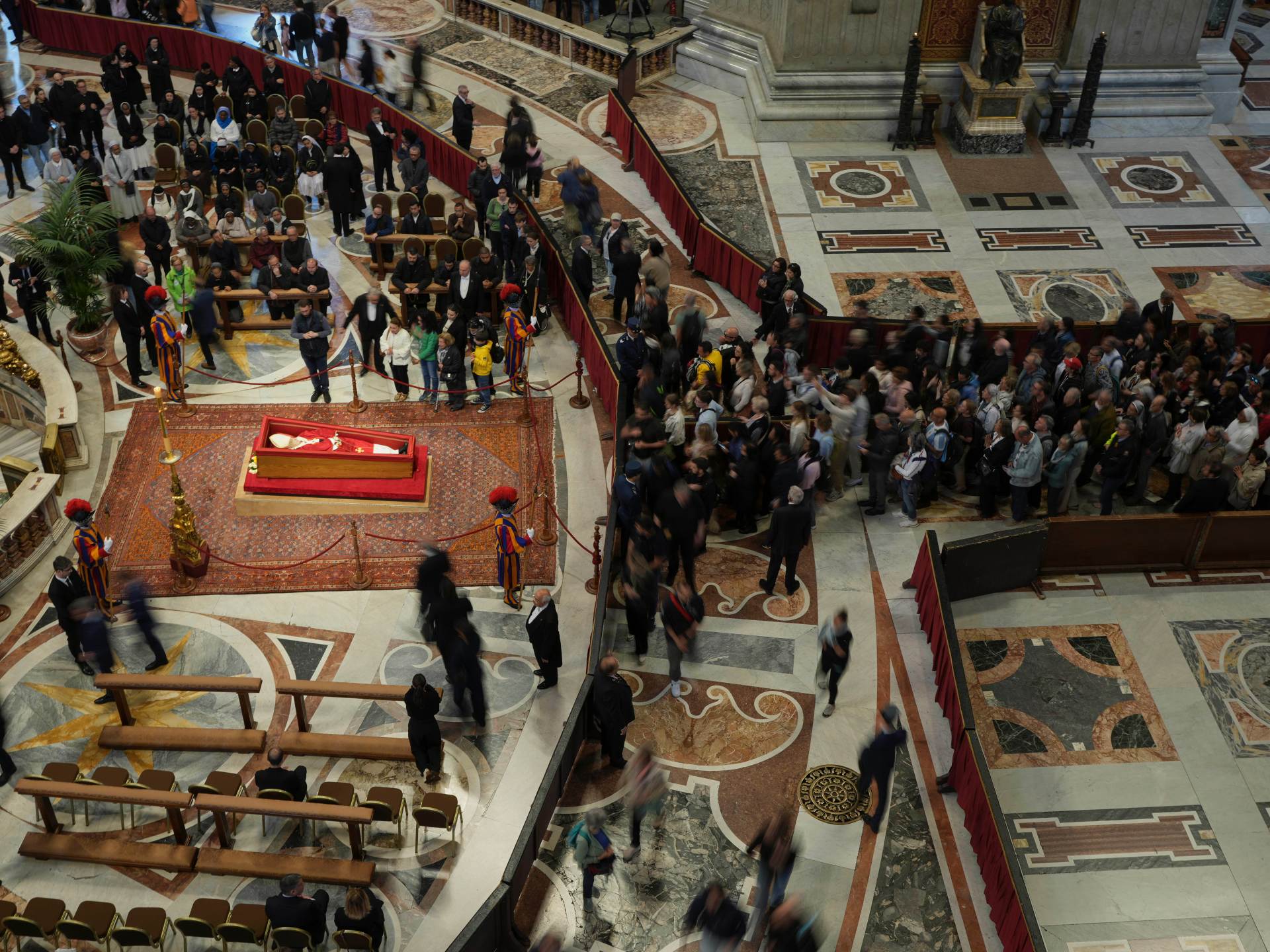Papal Farewell: Francis Opts for Humble Send-Off, Breaking Lavish Vatican Tradition

Pope Francis has consistently distinguished himself through his remarkable commitment to simplicity and humility. Unlike many of his predecessors, he deliberately chose a path of modest living, rejecting the traditional opulent trappings associated with his high-ranking position. His personal lifestyle reflects a profound dedication to authenticity and a genuine connection with ordinary people.
From the moment of his papal election, Francis demonstrated a striking departure from conventional ecclesiastical norms. He opted for understated living quarters, selected more modest vestments, and made conscious choices that emphasized substance over spectacle. His approach goes beyond mere aesthetics; it represents a deeply held philosophical and spiritual commitment to serving others with genuine compassion and unpretentious grace.
By embracing a humble lifestyle, Pope Francis sends a powerful message about spiritual leadership that prioritizes human dignity, empathy, and accessibility over institutional grandeur. His personal example continues to inspire both members of the Catholic Church and observers worldwide, showcasing how true leadership is defined not by external symbols of power, but by genuine acts of kindness and sincere human connection.
